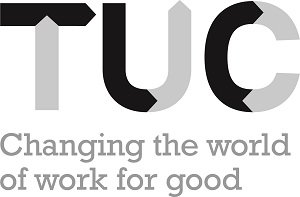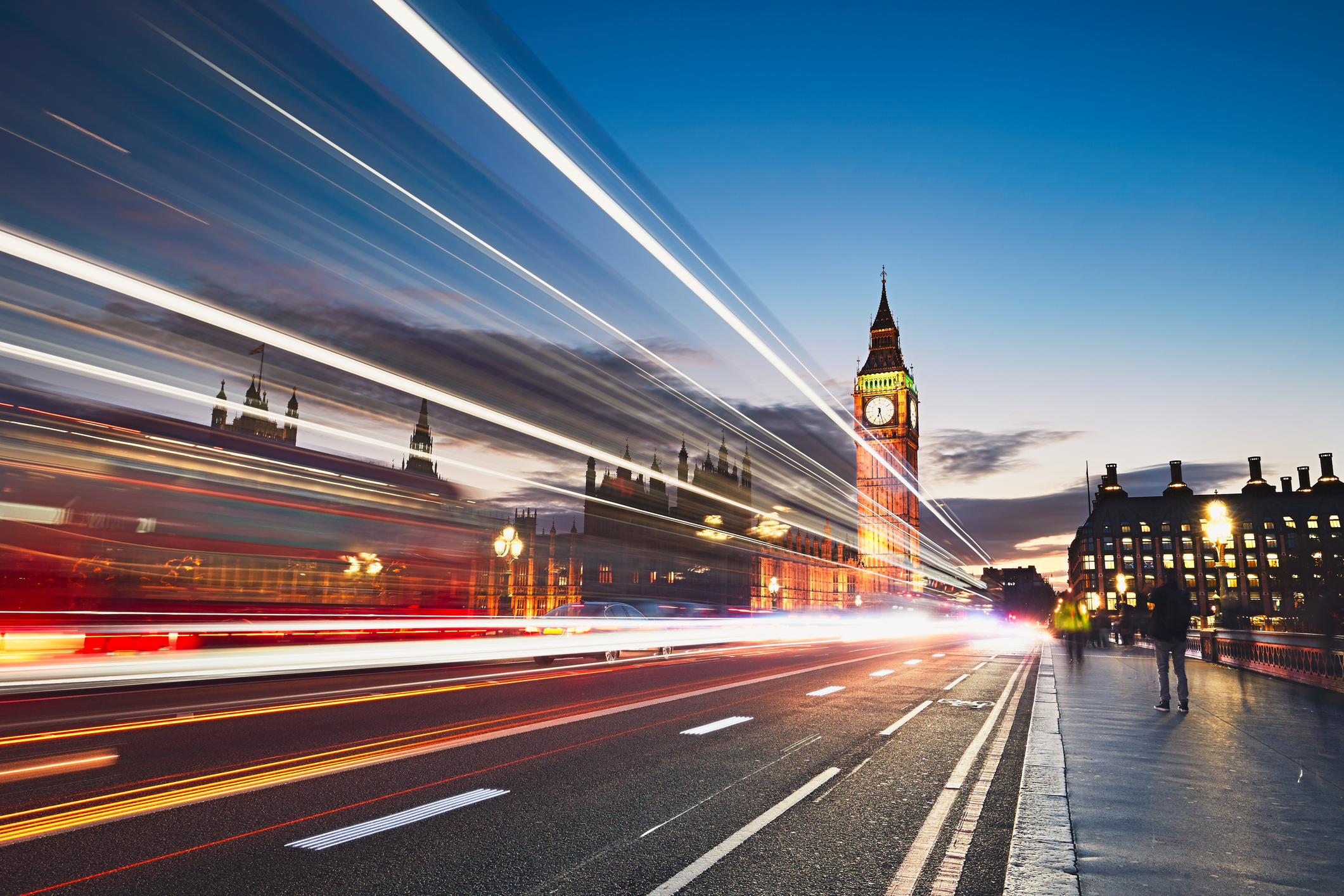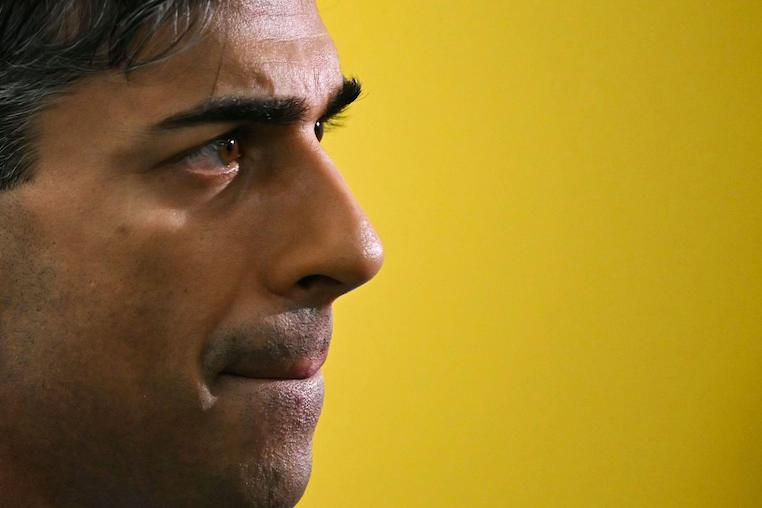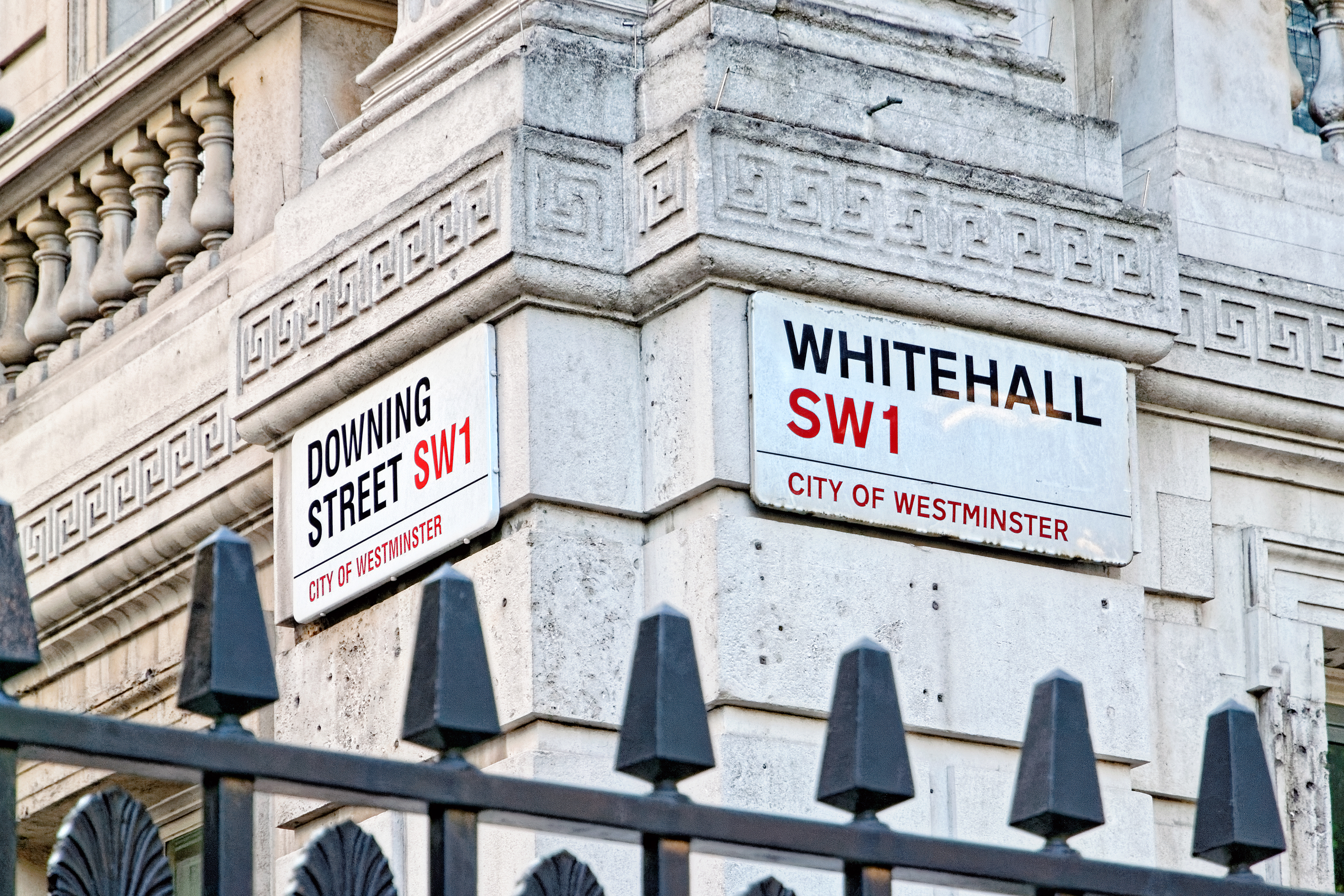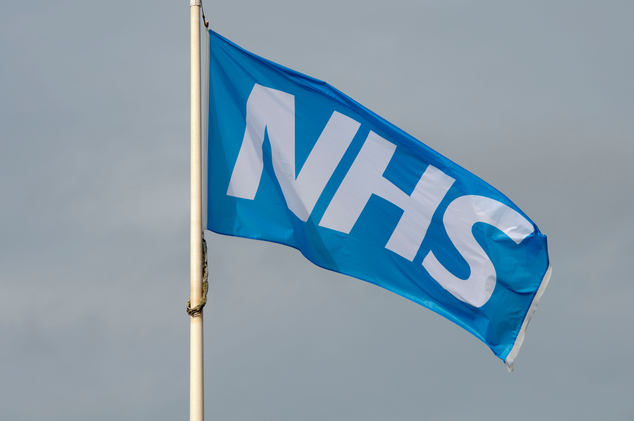Ireland has been partitioned (divided politically) since May 1921, following the implementation of the Government of Ireland Act 1920 which created the state of Northern within the United Kingdom.
For generations, it has been the goal of Irish nationalists to reunify the Republic of Ireland and Northern Ireland under a united Irish nation-state. Unionists by contrast wish to maintain the Union between Northern Ireland and the rest of the United Kingdom.
So how much support is there currently in Northern Ireland for a United Ireland?
United Ireland Poll Levels
A number of pollsters regularly undertake polling around support for a United Ireland in Northern Ireland.


- December 2022 – ARINS Project and the Irish Times reported that 27% of respondents supported Irish unity while 50% said they wanted to stay in the UK.
- August 2022 – LucidTalk reported that 41% of respondents said they were in favour of a United Ireland, compared with 48% who preferred to stay in the UK.
- May 2022 – Northern Ireland Life and Times survey recorded support for a United Ireland at 34% compared to 48% who wished to remain in the UK,
-
April 2022 –University of Liverpool and the Irish News found 31.9% of respondents saying they would vote for Irish unification compared with 48.2% who said they would vote to remain in the UK.
- Prospects of a border poll
The Good Friday Agreement recognises the right of the people of the island of Ireland to bring about reunification subject to a unification referendum.
The Northern Ireland Act 1998 states ‘if at any time it appears likely that a majority of those voting would express a wish that Northern Ireland should cease to be part of the United Kingdom and form part of a united Ireland’, the Secretary of State shall make an Order in Council enabling a border poll.
A 2021 poll conducted in Northern Ireland found that 51% supported a referendum on a United Ireland within the next five years with 44% against. Critically, the survey also showed that among under the age of 45, 47% support Irish reunification versus 46% who support remaining in the union.
The former Northern Ireland First Minister Arlene Foster, who once led the pro-union Democratic Unionist Party (DUP), has said that a border poll would be ‘absolutely reckless’. Speaking to Sky News in an interview during her time in office, she commented, ‘We all know how divisive a border poll would be’.
Howevever with Sinn Fein becoming the largest party in the 2022 Northern Ireland Assembly elections, there is now further momentum towards the holding of a ‘border poll’.
The core arguments around a United Ireland
The issue of a United Ireland is an extremely contentious one and manifested in violence from the late 1960s to the late 1990s in a period known as ‘the Troubles’. Thousands died and tens of thousands were wounded in the conflict which eventually came to an end with the Good Friday Agreement of 1998.
Arguments for a United Ireland
The split along the island of Ireland has long been justified because of cultural, and mainly religious, differences. The Protestant majority in Northern Ireland are traditionally loyal to the United Kingdom, whereas the Catholic majority in the Republic, have traditionally fought against British authority. But changing demographics are distorting this picture.
By 2031, it is estimated there will be a massive demographic shift in Northern Ireland with Catholics at 50 percent and Protestants at 38 percent, with 12 percent proclaiming neither religion. This data suggests support for a United Ireland will grow in the future.
Besides the political and cultural arguments that are made, proponents of a United Ireland point to the economic rationale behind reunification. In the 1990s, business leader Sir George Quigley argued that regardless of how Ireland was governed, it made sense for such a small island to operate as a single economic unit. Sinn Fein has described the current economic settlement as ‘a democratic deficit that stunts economic development’.
Arguments against a United Ireland
Supporters of the Union argue that if Irish reunification were to ever happen, it would place serious financial pressures on the Republic of Ireland. 30% of Northern Ireland’s workforce are directly employed by the United Kingdom’s public sector, and some 20% of the workforce earn less than a basic living wage.
Given that Northern Ireland is the slowest growing economy in the British Isles, it is suggested that the only way the Republic could afford the costs of a United Ireland would be through large tax increases and spending cuts.
Unionists also argue that reunification would risk further political violence and terrorism. While violence in Northern Ireland is often associated with the IRA and republicanism, a small majority of unionists are so dedicated to the Union, that there is a risk that future constitutional change, may led them to resort to violence to maintain the relationship. In the 70s, the IRA showed that even a small minority can fight a guerrilla war for decades and kill thousands of people.
The unhappiness of certain section of the Unionist population, sensing a growth in republicanism and dissatisfied with Northern Ireland’s new trading arrangements post Brexit, was evident in a number of consecutive nights of street violence in April 2021.
History
Pre-1801
Since the 12th century the British had retained a presence in Ireland mostly along the east coast around Dublin in an area known as the Pale. Henry VIII’s break with the Catholic Church in 1534 added a sectarian dimension to the already fraught relationship between England and Ireland. Ulster was once the most Gaelic Irish province in Ireland but, in 1607, the dominant Catholic families, the O’Neills and O’Donnells fled to the European continent following their defeat in the Nine Years War between the Catholic lords and the Protestant English crown. Following, this the Ulster province took on a different character to the rest of Ireland, being predominantly Protestant and loyal to the crown.
Modern Irish nationalism began with the democratic aspirations in the 1790s and the founding of the Society of the United Irishmen who wished to forge an Ireland totally free from British control. A prominent part of its platform was ending discrimination against Catholics. Finding their inspiration in the ideals of the French Revolution, the United Irishmen launched their own rebellion in 1798.
Following the bloodshed of this rebellion and the defeat of the United Irishmen, the Irish Parliament and the Parliament at Westminster voted for the Act of Union 1801 which made the island of Ireland an official part of the United Kingdom. Thereafter Irish MPs sat in London.
1801-1921
Unhappy with the new settlement, many Irish nationalist groups tried and failed to wrestle the island of Ireland from Westminster’s control. These included the Young Irelanders of the 1840s, Fenians of the 1860s, the Home Rule League of the 1870s, Land league of the 1880s and Sinn Fein in the 1910s.
Following this extended period of rebellion, which culminated in Easter Rising of 1916, the British government agreed to the partition of Ireland under the Government of Ireland Act (1920). This was an attempt by the British Government to reconcile the Irish nationalist desire for total separation from Britain, and the increasingly strident unionist voices in northern Ireland who wished to remain part of the United Kingdom. However, the act was rejected by the nationalist south as basic ‘home rule’ which only gave the Irish parliament limited autonomy.
Frustrated by the moderate Government of Ireland Act, nationalists, led by the IRA, began a full guerrilla war against the British. The Irish War of Independence 1920-21 gave way to the Anglo-Irish Treaty of December 1921 which set up the Irish Free State for 26 counties in Southern Ireland. This is now the Republic of Ireland which is a sovereign, independent state and a member of the European Union.
Northern Ireland remained attached to the United Kingdom as, in the words of its first premier James Craig, ‘a Protestant parliament and a Protestant state’.
Post-WW2
In 1969, violence broke out in Northern Ireland, beginning a period later termed as ‘The Troubles’. The Provisional IRA waged a 25-year campaign to try and end British rule in Northern Ireland and in the years between 1969 and 1994, 3,500 people lost their lives.
In the conflict, border posts were regularly attacked and bombing campaigns killed many civilians.
On Bloody Friday on 21 July 1972, the IRA set off 22 bombs in the centre of Belfast, killing five civilians, two British soldiers, a Royal Ulster Constabulary (RUC) reservist, and an Ulster Defence Association (UDA) member. Ten days later, nine civilians were killed in a triple car bombing in Claudy. On 27 August 1979, Lord Mountbatten, the uncle of Prince Philip, Duke of Edinburgh, and second cousin once removed of Queen Elizabeth II, was killed by a bomb planted on board his boat while on holiday in Mullaghmore, County Sligo.
1990s – 2000s
Two things ended the Border between Northern Ireland and the Republic of Ireland as a physical obstacle: the first was the introduction of the European Single Market in 1993 and the second was the 1998 Good Friday Agreement.
The Good Friday Agreement, also known as the Belfast Agreement, created a new relationship between nationalists and unionists in Northern Ireland with the establishment of a power-sharing executive (cabinet) (currently between Sinn Fein and the DUP), and the new ‘Northern Ireland Assembly’.
Under the present power-sharing agreement the DUP, led by First-Minister Arlene Foster, share power with Sinn Fein, led by Deputy First-Minister Michelle O’Neil.
2016 – 2022
Following the 2016 EU referendum, eyes turned to ‘Brexit’s’ potential impact on the island of Ireland and the peace settlement. Campaigners and politicians argued that a hard border between Northern Ireland and the Republic would re-inflame tensions.
Membership of the European Single Market had been a key element of the Irish peace-building process in the 1990s. It was suggested that severing the free movement of people, goods, services and capital would have returned Ireland to the circumstances of the 60s which birthed the Troubles.
Boris Johnson’s Withdrawal Agreement of 2019 avoided ‘a European Union frontier’ across the island of Ireland by making Northern Ireland subject to the rules of the EU Single Market. ‘The Northern Ireland Protocol’ means that Northern Ireland continues to follow many EU rules. There is also a ‘regulatory’ border between Northern Ireland and Great Britain because the mainland is no longer following those rules.
Since the end of the Brexit transition period on 1 January 2021, Northern Ireland has followed the rules of the EU single market, and checks on food standards have shifted to Irish Sea ports. Goods arriving from Britain are among those subject to checks under the agreement made by Johnson with the EU.
Commenting on the arrangements, former-Home Secretary under Tony Blair, Lord David Blunkett, told the House of Lords: ‘We’re faced with the contradictions that exist in terms of Northern Ireland and its relationship with the European Union, and the contradictions that therefore are accorded to its relationship with the rest of Great Britain. All of these things bode extremely ill for the future’.
2022-
In May 2022, Sinn Fein became the largest party in the Northern Ireland Assembly following the devolved elections. Having topped the poll in the devolved elections for the first time, Mrs McDonald said a priority for the party was that preparations for a border poll should begin, stating that there would need to be ‘two referendums’ in both the north and south.
“At this point the big priority for me and for us is that preparation for such a referendum is under way.
Statistics
Christianity is the main religion in Northern Ireland. The 2011 UK census showed 40.8% Catholic, 19.1% Presbyterian Church, with the Church of Ireland having 13.7% and the Methodist Church in Ireland 3%, there were 5.7% of other Christian religions, 1% of other religions, and 10% of no religion.. [Source – 2011 Census, Key Statistics for Northern Ireland Report].
A 2021 poll conducted in Northern Ireland for the Sunday Times newspaper found that 42.3% of voters favour a United Ireland compared to 46.8% of voters against. 10.7% were undecided. The same poll found that 51% supported a referendum on a United Ireland within the next five years with 44% against.
Quotes
‘From my earliest youth I have regarded the connection between Ireland and Great Britain as the curse of the Irish nation, and felt convinced, that while it lasted this country would never be free or happy’
– Wolfe Tone, leader of 1798 United Irishmen rebellion, 1798.
‘We serve neither King nor Kaiser, but Ireland’ – The banner on Liberty Hall during the first World War, 1914
‘The civil rights people don’t believe in civil rights at all, they’re just a bunch of republican rebels, that’s what they are. Let’s be very clear about this, they have no time for law and order, they have no time for this country and they mean to destroy this country, and we mean to see that this country will not be destroyed’ – Ian Paisley, former Leader of the DUP, 1969
‘Armed struggle is a necessary and morally correct form of resistance in the Six Counties against a government whose presence is rejected by the vast majority of the Irish people There are those who tell us that the British government will not be moved by armed struggle. As has been said before, the history of Ireland and of British colonial involvement throughout the world tells us that they will not be moved by anything else’ – Gerry Adams, former leader of Sinn Fein, 1983
‘We can’t allow the Good Friday Agreement that brought peace to Northern Ireland to become a casualty of Brexit. Any trade deal between the U.S. and U.K. must be contingent upon respect for the Agreement and preventing the return of a hard border’ – Joe Biden, President of the United States, 2020
‘We all know how divisive a border poll would be, and for us in Northern Ireland what we have to do is come together to fight against Covid, and not be distracted by what would be absolutely reckless at this time’ – Arlene Foster, then leader of the DUP, 2021
“There is no evidence of growing support for Northern Ireland leaving the United Kingdom. Indeed, every major poll points in the opposite direction”, Sir Jeffrey Donaldson MP, DUP Leader, March 2014, speaking to the National Press Club in Washington, US.
Ex-Labour MP says PM ‘knows’ Northern Ireland Protocol should not have been signed

